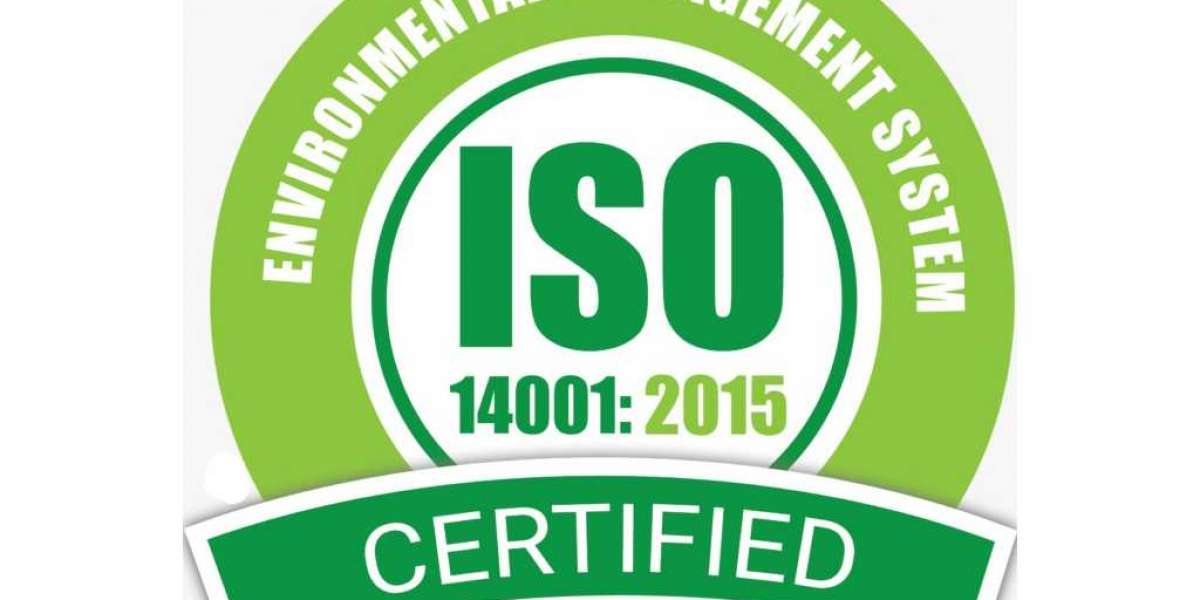After completing an MD in Medicine, many doctors choose to specialize further in a specific field, known as superspecialization. While an MD Medicine degree equips professionals with in-depth knowledge and skills in general medicine, additional certifications are often necessary for doctors who wish to focus on subspecialties such as cardiology, neurology, gastroenterology, or nephrology. These certifications not only enhance a doctor’s expertise but also help them meet the eligibility criteria for specialized positions in hospitals, medical institutions, and research organizations.
1. Superspecialization in Medicine: The Need for Additional Certifications
While an MD in Medicine serves as the foundation for a medical career, it does not make a doctor eligible for all specialized roles. Superspecialization requires further education and training to gain specialized knowledge and hands-on experience in areas beyond the scope of general medicine. In India and around the world, additional certifications are often required to pursue these fields, and they may vary based on the specialization and country-specific requirements.
For example, after completing an MD in Medicine, doctors can opt for subspecialties like:
- Cardiology
- Neurology
- Gastroenterology
- Nephrology
- Endocrinology
- Rheumatology
- Oncology
- Pulmonology
Each of these fields involves intensive clinical training and requires additional credentials to ensure that the doctor is equipped with the advanced skills required for managing complex cases in these specialized areas.
2. Postgraduate Fellowships and Certifications
One of the most common ways for MD Medicine graduates to specialize further is by enrolling in postgraduate fellowship programs. These programs are offered by various institutions and hospitals in India and abroad, providing specialized training and hands-on experience in the chosen field. The duration and content of these fellowships depend on the superspecialty. Some prominent fellowships include:
- Fellowship in Cardiology: Aimed at doctors who wish to specialize in diagnosing and treating heart conditions, this fellowship often lasts 1–2 years.
- Fellowship in Neurology: For those interested in neurology, fellowship programs focus on treating neurological disorders and brain conditions.
- Fellowship in Gastroenterology: Aimed at doctors wishing to specialize in the digestive system, these programs often include training in advanced diagnostic techniques like endoscopy.
- Fellowship in Nephrology: For doctors wishing to treat kidney diseases, this certification provides expertise in dialysis and kidney transplantations.
In addition to fellowships, certifications like Diplomate of National Board (DNB) in a particular subspecialty or Fellowship of the Royal College of Physicians (FRCP) are also highly valued credentials. These certifications are internationally recognized and provide doctors with a global platform for practicing specialized medicine.
3. Board Examinations for Superspecialization
In many countries, doctors pursuing a superspecialty need to pass specific board examinations to gain certification in their chosen field. For instance, in India, after completing an MD in Medicine, doctors can appear for the DNB (Diplomate of National Board) exam, which is offered by the National Board of Examinations (NBE). Passing the DNB exam allows doctors to specialize further in areas such as cardiology, oncology, or nephrology.
In the United States, doctors who have completed their MD or equivalent degrees can pursue further specialization through board certification. This involves additional years of clinical training in the form of a fellowship, followed by passing board examinations administered by various specialty boards, such as the American Board of Internal Medicine (ABIM) or the American Board of Medical Specialties (ABMS). Similar certifications and exams exist in other countries such as the UK, Canada, and Australia.
4. Importance of International Certifications
For doctors planning to practice abroad or engage in international research, acquiring internationally recognized certifications can be a strategic career move. For example:
- Fellowship of the American College of Cardiology (FACC): This certification is highly regarded for cardiologists practicing in the United States and many other countries.
- Member of the Royal College of Physicians (MRCP): This prestigious certification is sought by doctors in the UK and Commonwealth countries, allowing them to specialize in various medical fields after completing their MD.
International certifications help increase a doctor’s credibility and offer access to specialized roles in global healthcare systems. These credentials are recognized across countries and are often required for applying to prestigious hospitals and institutions.
5. Training through Workshops and Continuing Medical Education (CME)
In addition to formal postgraduate programs, workshops, and Continuing Medical Education (CME) activities can also enhance a doctor's qualifications. Many hospitals and medical societies offer CME programs that provide specialized training in advanced medical techniques, the latest treatment protocols, and the use of cutting-edge medical technology. Although these certifications are not as formal as fellowships or board exams, they can significantly boost a doctor's skillset and keep them updated on advancements in their chosen field.
6. Conclusion
While an MD in Medicine in job provides a strong foundation in general medical knowledge, pursuing additional certifications is essential for doctors who wish to specialize further and advance their careers. Fellowships, board examinations, international certifications, and CME programs are all avenues through which MD Medicine graduates can gain specialized expertise in areas like cardiology, neurology, and oncology. These certifications not only provide advanced skills and knowledge but also enhance a doctor’s credibility and career prospects, offering opportunities for growth in both domestic and international healthcare systems. Choosing the right specialization and certification depends on personal interests, career goals, and the demand for specific medical expertise. Ultimately, continuous learning and specialized training are essential for any doctor aiming to make a significant impact in the healthcare field.






